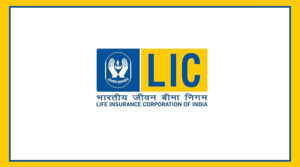New Delhi:
When someone passes away, their income tax duties don’t end. A legal heir—usually a spouse, child, or close family member—can file the income tax return (ITR) on their behalf.
To do this, the heir must be officially recognized by the Income Tax Department.
This is usually done by submitting documents such as a legal heir certificate, succession certificate, a copy of the will, or a notarized affidavit.
Registering as a Legal Heir
Before filing the ITR for the deceased, the legal heir needs to register on the income tax e-filing website.
The heir must log in using their own account and upload documents like the death certificate, the deceased’s PAN card, and the legal heir certificate.
Once these are verified and approved by the department, the heir gets permission to file the return on behalf of the deceased.
How to File ITR for the Deceased
The return must be filed just like it would be if the person were alive.
All income earned up to the date of death must be included. This could be:
- Salary
- Pension
- Interest from bank accounts
- Any other taxable income
The legal heir can also claim any deductions and exemptions the deceased was eligible for. It’s the heir’s duty to file the return on time and report the income correctly.
The return is filed using the legal heir’s login after their status is approved on the e-filing portal.
How to Claim TDS Refund for the Deceased
If the deceased had TDS (Tax Deducted at Source) that’s more than the actual tax owed, the extra amount can be claimed as a refund in the ITR.
Once approved, the refund will be deposited directly into the legal heir’s bank account.
So, while registering, it is important to provide the heir’s own bank account details on the portal.
Tax Liability After Death
After a person dies, their legal heir is responsible for paying any pending taxes from the income reported in the return.
However, this tax should be paid using the deceased’s estate—the money or property they left behind—not from the heir’s own funds.
If the estate isn’t enough to cover the tax, the heir only has to pay what is available.
They don’t have to pay more than what they inherit.
Filing ITR after a loved one’s death may feel difficult, but it is an important part of managing their financial matters.
Understanding the steps can help you avoid legal trouble, claim any tax refunds, and make sure everything is settled correctly.

























